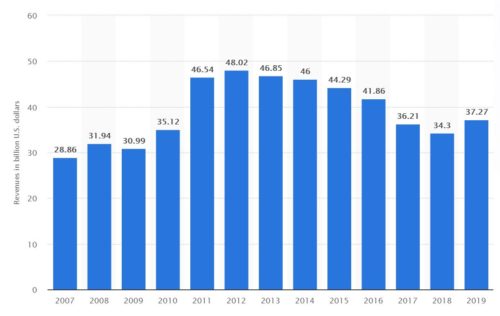The Gates Foundation: Philanthropy or Power Grabbing?
Is it good for any society to have people as rich as Bill and Melinda Gates? Fairness is one thing, but the hazards of that much power are quite another.
The latest concern comes from the realization that the Gates’s own more American farmland than anyone else—242,000 acres.
According to the Realtors’ Land Institute’s The Land Report,
In 1994, the Gateses hired the former Putnam Investments bond-fund manager to diversify the couple’s portfolio away from the Microsoft co-founder’s 45 percent stake in the technology giant while maintaining comparable or better returns. According to a 2014 profile of Larson in the Wall Street Journal, these investments include a substantial stake in AutoNation, hospitality interests such as the Charles Hotel in Cambridge and the Four Seasons in San Francisco, and “at least 100,000 acres of farmland in California, Illinois, Iowa, Louisiana, and other states … .” According to the Land Report 100 Research Team, that figure is currently more than twice that amount, which means Bill Gates, co-founder of Microsoft, has an alter ego: Farmer Bill, the guy who owns more farmland than anyone else in America.
Forbes’ account of this highlights that the largest holdings are in Louisiana (69,071 acres), Arkansas (47,927 acres) and Nebraska (20,588 acres).
According to AgFunder News’ discussion of these observations,
Agrifood is one area where the couple have sought to put their substantial wealth to work. The Bill & Melinda Gates Foundation donated almost $20 million to the International Rice Research Institute between 2007 and 2010, in part to support its development of fortified rice varieties. It has also invested at least $100 million into the Alliance for a Green Revolution in Africa, which aims to enhance smallholder productivity using science and technology.
The Gates’ have also invested in agrifoodtech startups, either through their private foundation or via other investment vehicles, including crop protection companies AgBiome and Enko Chem, dairy data platform Stellapps, food waste reduction player Apeel Sciences, biotech startup Gingko Bioworks, and ‘lab-grown’ meat maker Memphis Meats.
Other concerns have been raised about Gates’ holdings and philanthropy—“philanthrocapitalism.”
- Gates to a Global Empire: This Report by Vandana Shiva’s Navdanya gathers evidence and throws light on the dangers of philanthrocapitalism, which is boosting the corporate takeover of our seed, agriculture, food, knowledge and global health systems, manipulating information and eroding our democracies. Read more / Watch video
- Letter to WHO from 60 individuals and groups concerned about Gates’ holdings in food.
- Paper by Anne-Emanuelle Birn and Judith Richter on philanthrocapitalism by Gates and Rockefeller Foundations.
These raise important questions that deserve serious considerations.

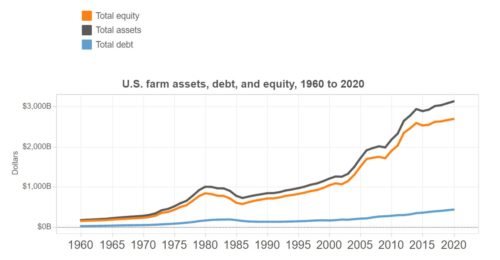
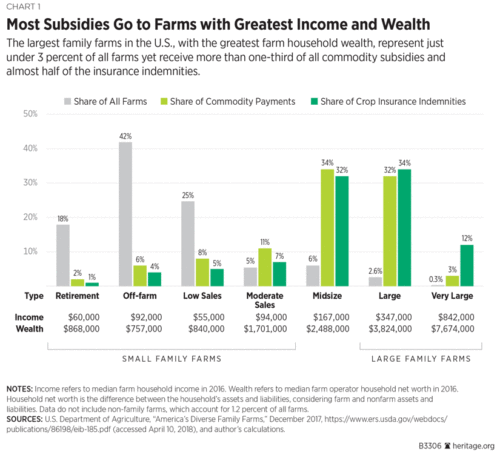
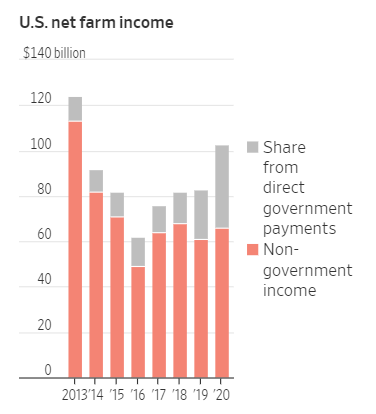
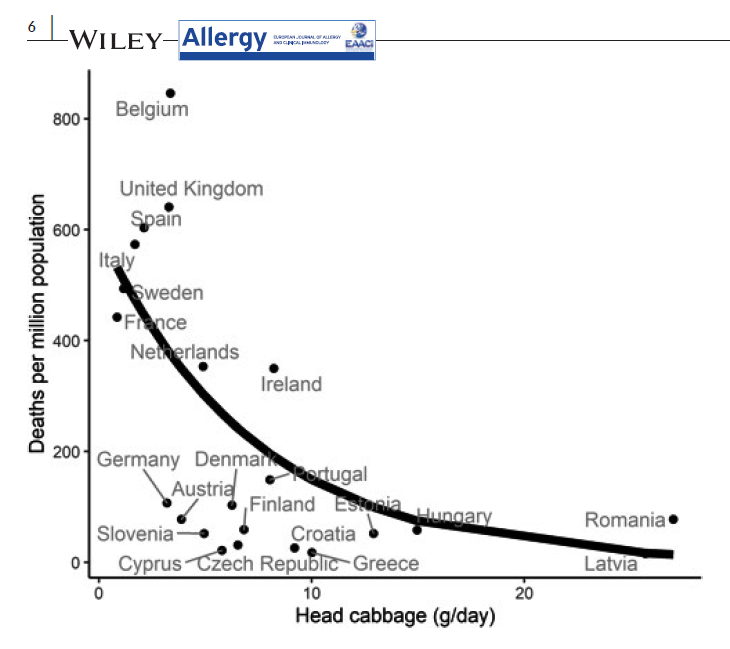
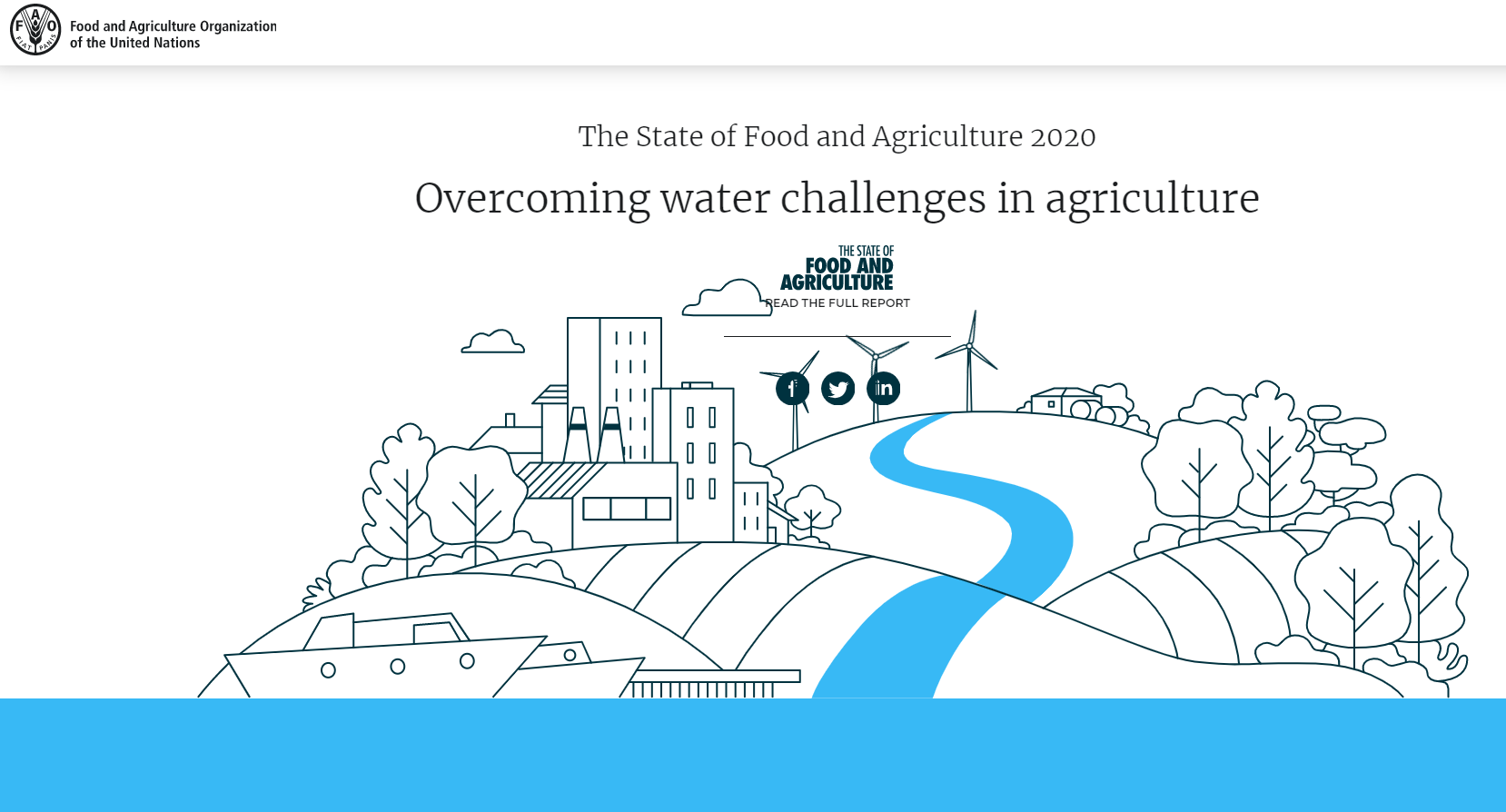
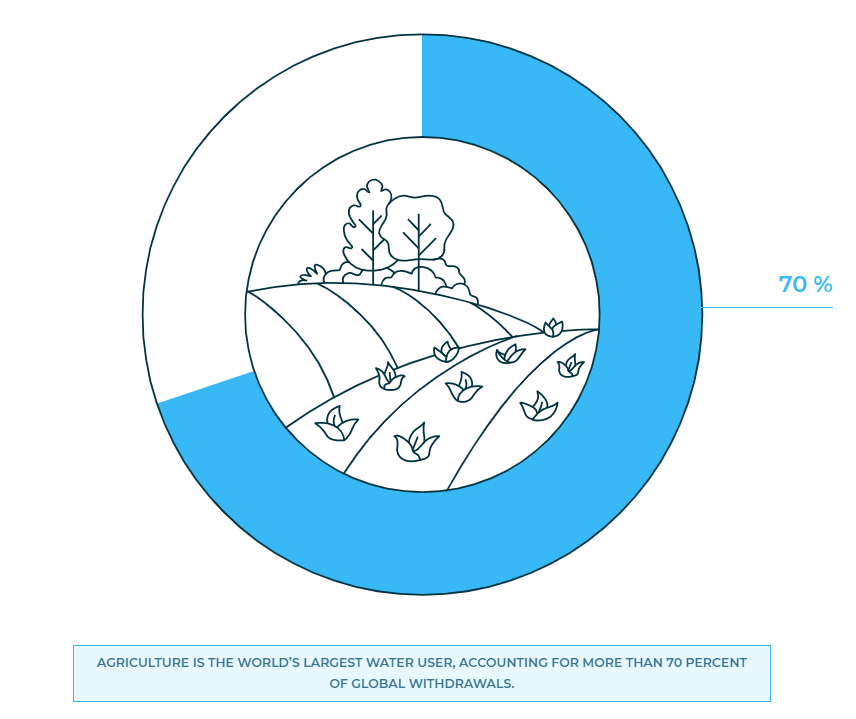 Everyone needs to pay attention to water use, and the teaser and the report state the policy recommendations.
Everyone needs to pay attention to water use, and the teaser and the report state the policy recommendations.